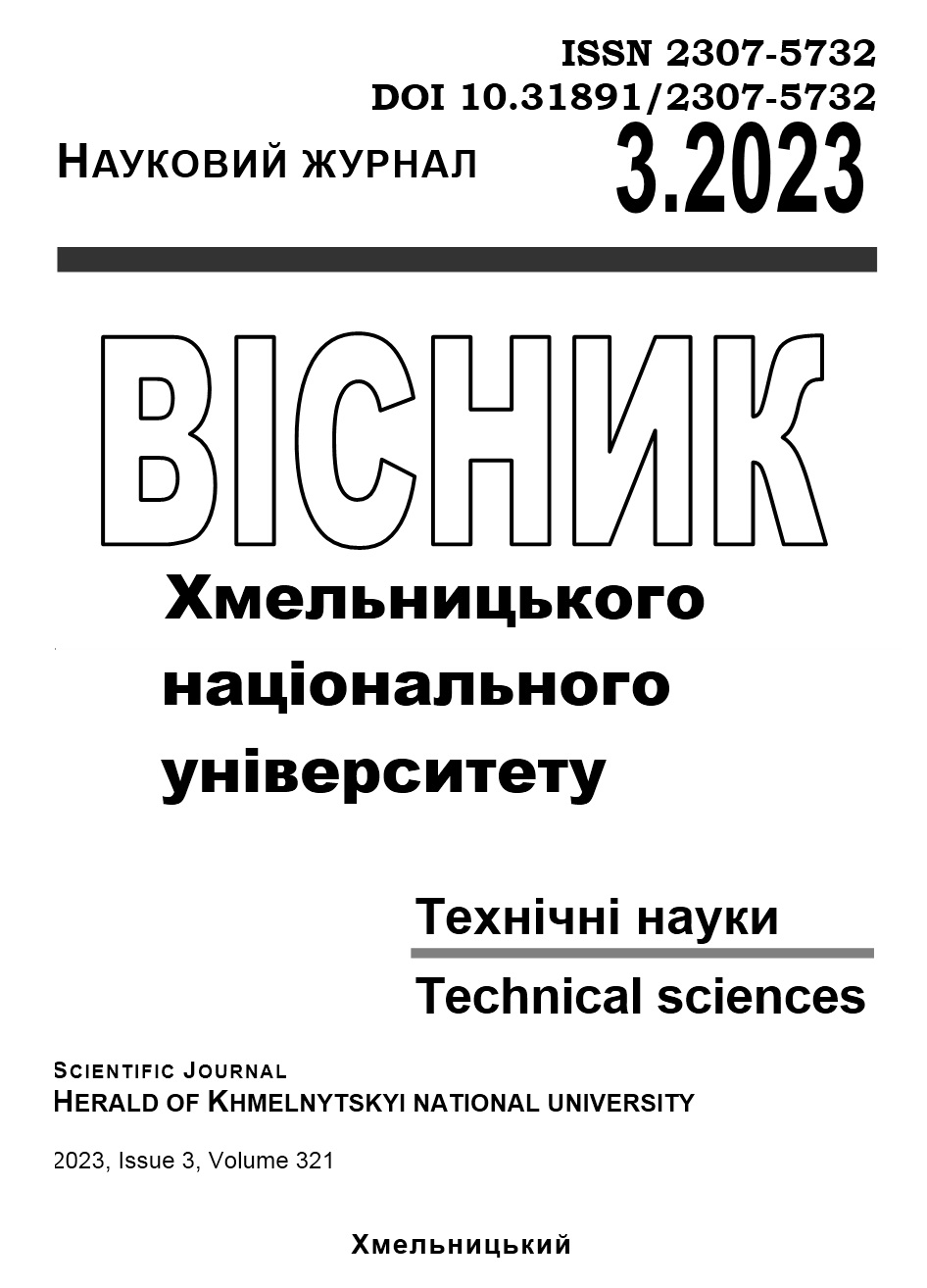ADAPTIVE MODEL OF GAMIFICATION FOR HIGHER EDUCATION LEARNING PROCESS
DOI:
https://doi.org/10.31891/2307-5732-2023-321-3-258-264Keywords:
gamification, model, interactive method, learning process, adaptationAbstract
The paper presents the results of designing an adaptive gamification model aimed at improving the quality of education in higher education institutions (HEIs). It is stated that in order to increase student motivation and foster all-round personal development, HEIs should adopt a comprehensive approach to teaching that includes innovative methods such as gamification. The intensive development of the gaming industry, which uses games for better skill acquisition, contributes to this trend. Scientific studies on the use of gamification have been analyzed, indicating its positive impact on the learning process. To enhance the effectiveness of gamification, it is recommended to use elements of computer games. Providing interesting thematic names, stories, or pre-stories for tasks can increase students' interest.
Therefore, to improve the quality of education, an adaptive gamification model should adjust the learning process in HEIs to the individual characteristics of each student and promote the maximum development of their skills and creative abilities. In creating the model, gaming genres were analyzed, and their basic elements were used, including avatars, mission systems, point systems, leaderboards, player level systems, thematic events, gaming attributes and equipment, and game currency. These elements will be placed in a virtual environment where a student's personal account will create an avatar representing their virtual self. Students will have the opportunity to choose and perform educational and student life missions. Points will be awarded for completing missions, allowing students to compete with other students. Adaptability will be achieved by assigning tags to each task. If a student completes mostly one type of task, they will be presented with tasks that develop other aspects of their personality (education, leisure, sports, creativity). An artificial neural network will be responsible for analyzing task performance and adapting the learning process to the student's needs.
Downloads
Published
Issue
Section
License
Copyright (c) 2023 СЕРГІЙ ВАЩИШАК, ТАРАС СТИСЛО, ОКСАНА СТИСЛО, МИКОЛА ДЕМЧИНА, ВАСИЛЬ ШКАТУЛЯК (Автор)

This work is licensed under a Creative Commons Attribution 4.0 International License.

